
Between 2020 and 2025, 61 singles reached No.1 on the ARIA (Australian Recording Industry Association) chart. But only three were by Australian artists: Dance Monkey by Tones And I, STAY by The Kid Laroi featuring Justin Bieber, and Without You—also by The Kid Laroi, in collaboration with Miley Cyrus.
The dominance of international artists on the ARIA chart reflects the globalisation of pop music. It also highlights how Australian artists have become a vulnerable group, struggling to gain recognition in their own country.
After having a conversation with Newcastle-based band Camino Gold, it was revealed that the absence of Australian singers at the top of the charts might have something to do with the lack of income security and welfare protection for emerging local musicians. Even those with record deals often don’t earn enough to pursue music full time.
No Work, No Pay: Music’s Harsh Reality
Two years ago, Camino Gold were discovered by their current label during a livestream performance, leading them to sign with the independent label TripleSpeak.
Despite the record deal, none of the band members have been able to quit their day jobs; some work in healthcare, others perform at weddings to make ends meet.
“Life is pretty similar to the way it was before [we were signed with a label],” said frontman Claude Bailey, “It’s mostly passion that keeps us going.”
Their story mirrors the reality for many artists in Australia. Passion alone doesn’t pay the bills.
Unlike regular companies where employees are paid on a monthly basis, music artists are usually paid on a project basis, be it gigs or album recordings. But it also means that if they fall ill or face unexpected circumstances that prevent them from performing or recording, they receive no income at all.
“The best-case scenario is just to postpone the show and come back to do it later, so you don’t lose the spot,” said drummer James Bowman.
“It’s really at the venue’s mercy,” added guitarist Marcus Velarde. “In the past, we’ve had a venue cancel us, but they still paid, which is quite rare.”

Major Labels: Security at a Cost
Speaking of cancelled shows, Camino Gold brought up how crazy it was to see Drake cancel his Brisbane and Sydney concerts earlier this year.
“For artists with major labels [like Drake], I think there’d be some sort of insurance to refund tickets and all sorts of aspects,” said Velarde.
Bailey said one of the major differences between big and small independent labels is that the big ones usually have more funds to support artists financially and invest more in promotion and marketing.
“Major labels might allow you to draw an income when you’re not gigging, so I guess you could give up your day job to pursue music. That’s definitely a perk,” said Velarde.
“But in bigger labels, you probably won’t get as much freedom to choose when you release something, if it doesn’t suit their business plan or strategy,” said Bowman.
Still, across Australia and the world, conflict between artists and record labels is nothing new. And most of the time, it’s the artists who are at a disadvantage.
“I know an individual who wanted to release music, but the record label didn’t allow it. She ended up losing traction in her career, and she had to buy herself out of that record label [in the end]. It’s a bit sad,” said Velarde, “She was signed to a major international label that’s also very well-known in Australia, with quite a few artists on it.”
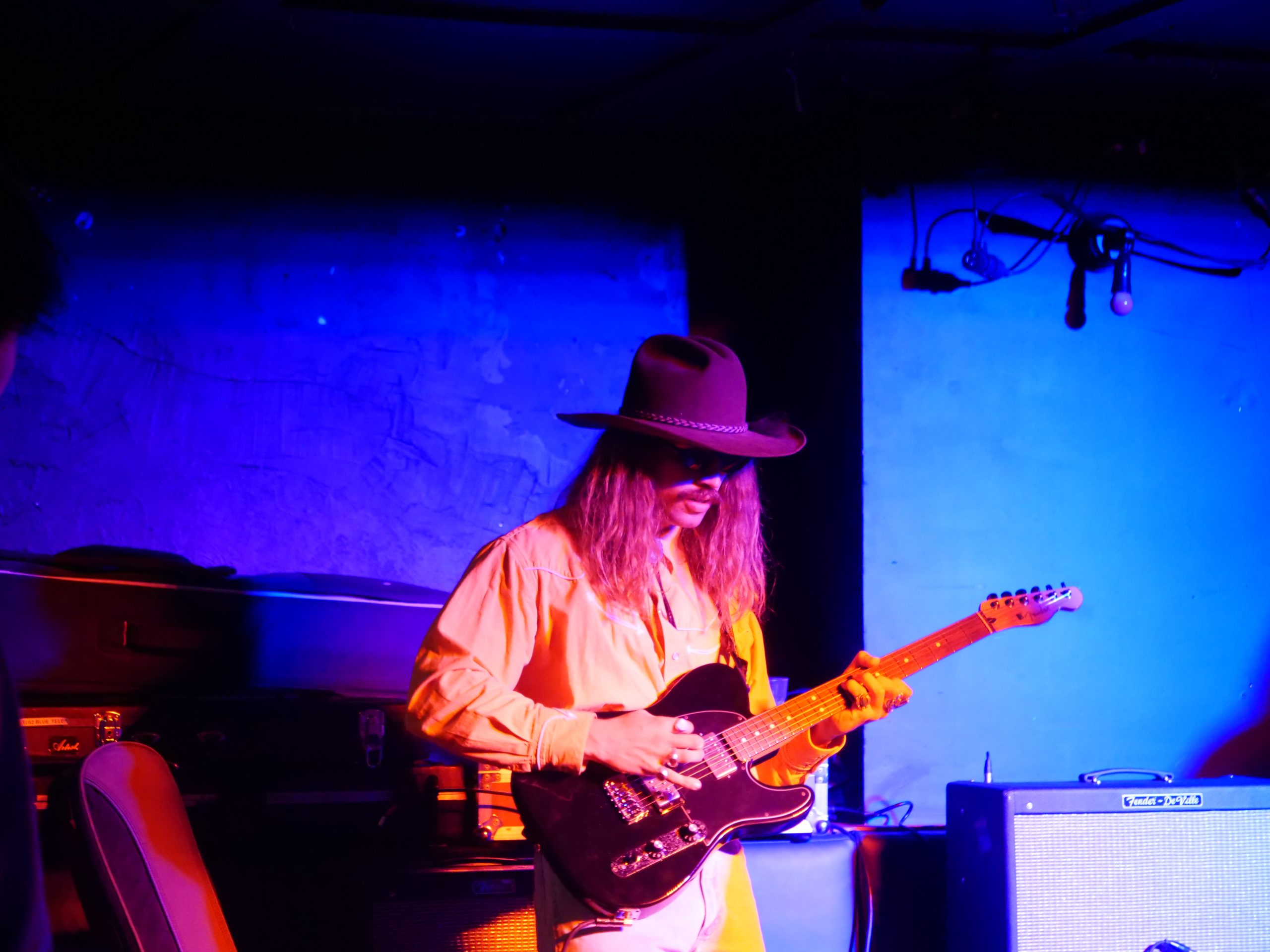
Labels Help, But Don’t Solve Everything
Yet for emerging bands like Camino Gold, working with a label has helped solve many problems. Producing and promoting an album can cost tens of thousands of Australian dollars, and now the label covers those expenses.
“There’s also the benefit of contacts and communication. People who have been running labels for years obviously have a bit of a network of people and have someone who knows who to speak to. That’s been really helpful,” said bassist Jordan Banning.
From the labels’ perspective, it’s understandable that they want a return on the investment they make in their artists. But the problem remains that many emerging Australian artists still don’t have a stable income to focus on music as a viable career, even after signing a contract.
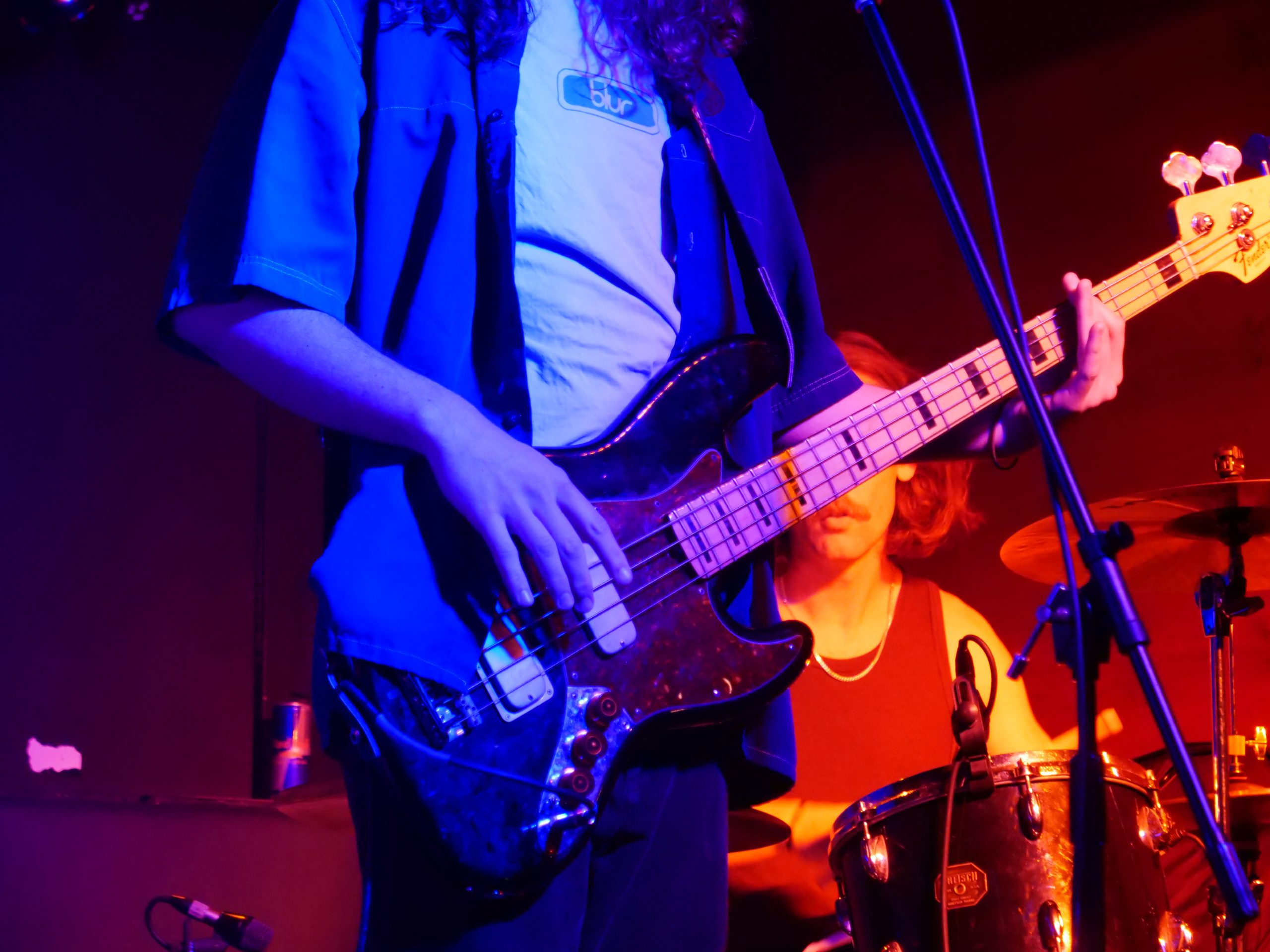
Government Support Still Falls Short
Let’s not forget what role the government should play. Should there be policies to support local artists and the labels that take chances on them? Tax breaks, grants, and legal support could go a long way in helping local artists secure stable incomes and fair conditions.
But so far, Camino Gold said they’ve seen little support from the government, especially during the pandemic. During the pandemic, the band were unable to perform, rehearse, or record. And without gigging, there was no income for the band at all.
“We weren’t able to get anything like JobSeeker or JobKeeper. We missed a few gigs that would have given us an income, but it wasn’t recognised under the government’s quota that we had to meet. It sucked because we did lose money for not being able to play gigs, but it wasn’t even classified as a job [by the government],” said Velarde.
In early May, the NSW government introduced a new policy offering up to $20,000 in venue discounts when international touring acts book local artists as support acts. The members of Camino Gold lit up with excitement at the mention of this.
“We’ve waited 500 years for this day,” said Claude with a laugh. “But it came too late, and it’s still not enough.”
Watch Camino Gold Performing “Nothing But Blue” in 2019, before the Pandemic. All Rights Reserved Camino Gold.

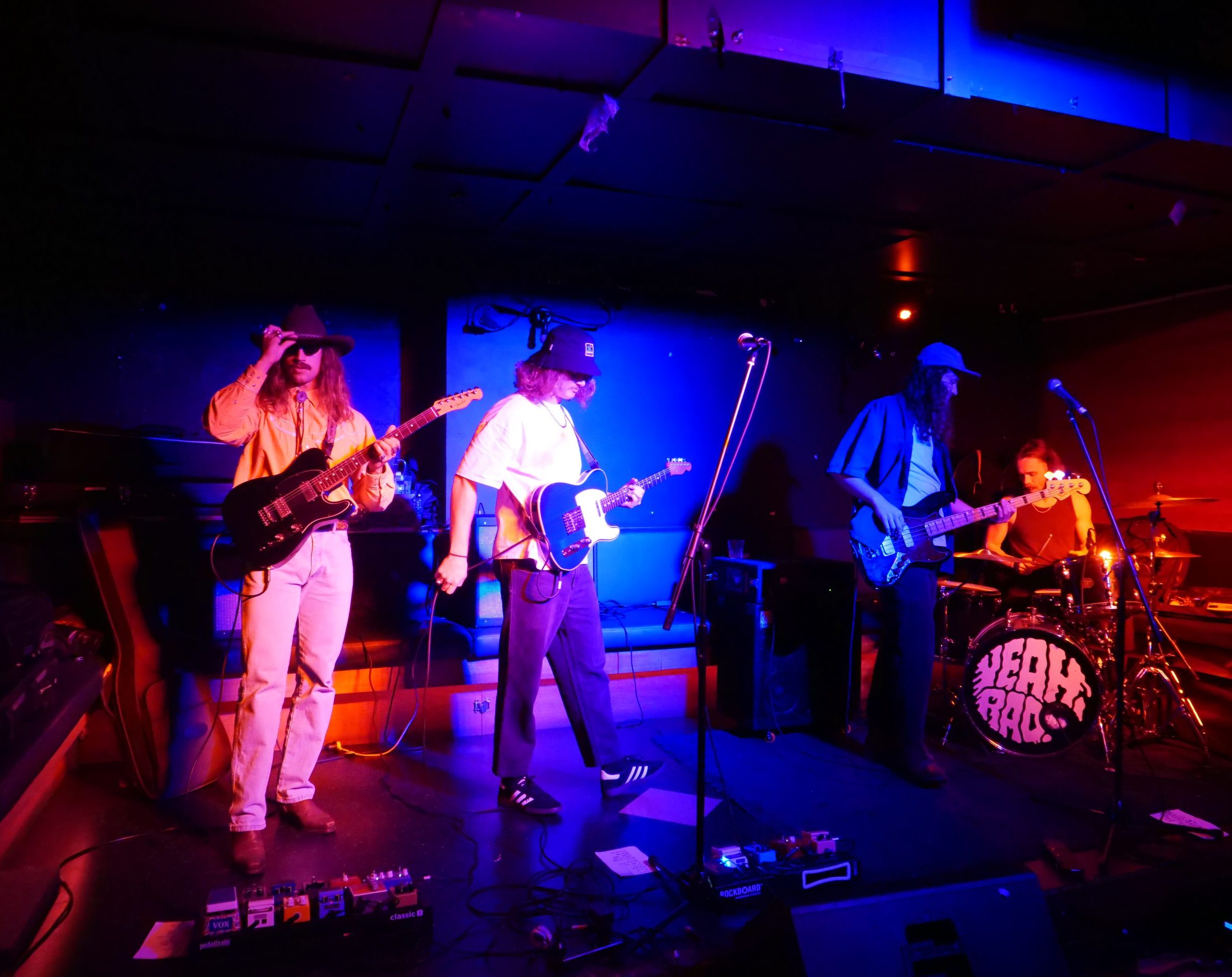
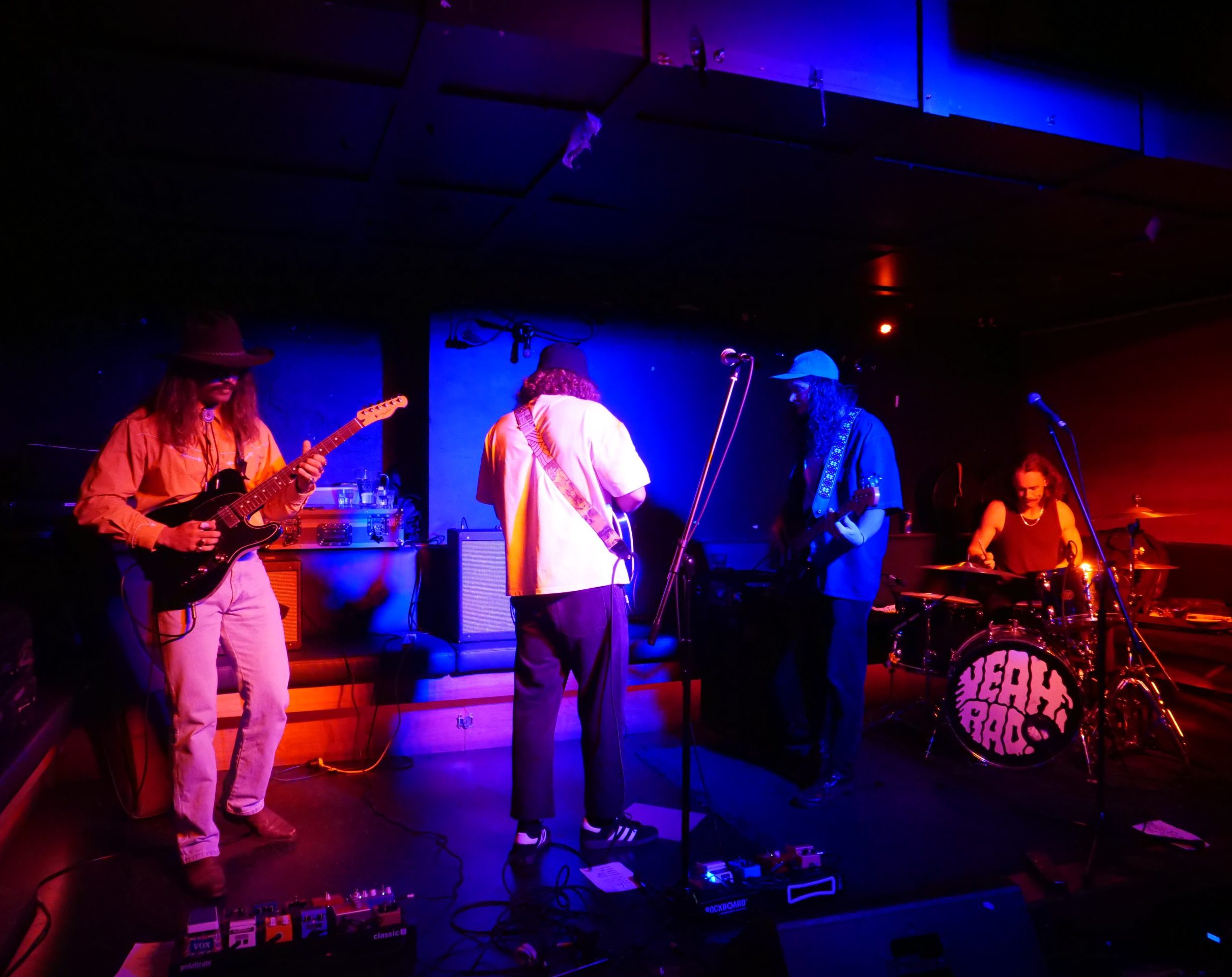
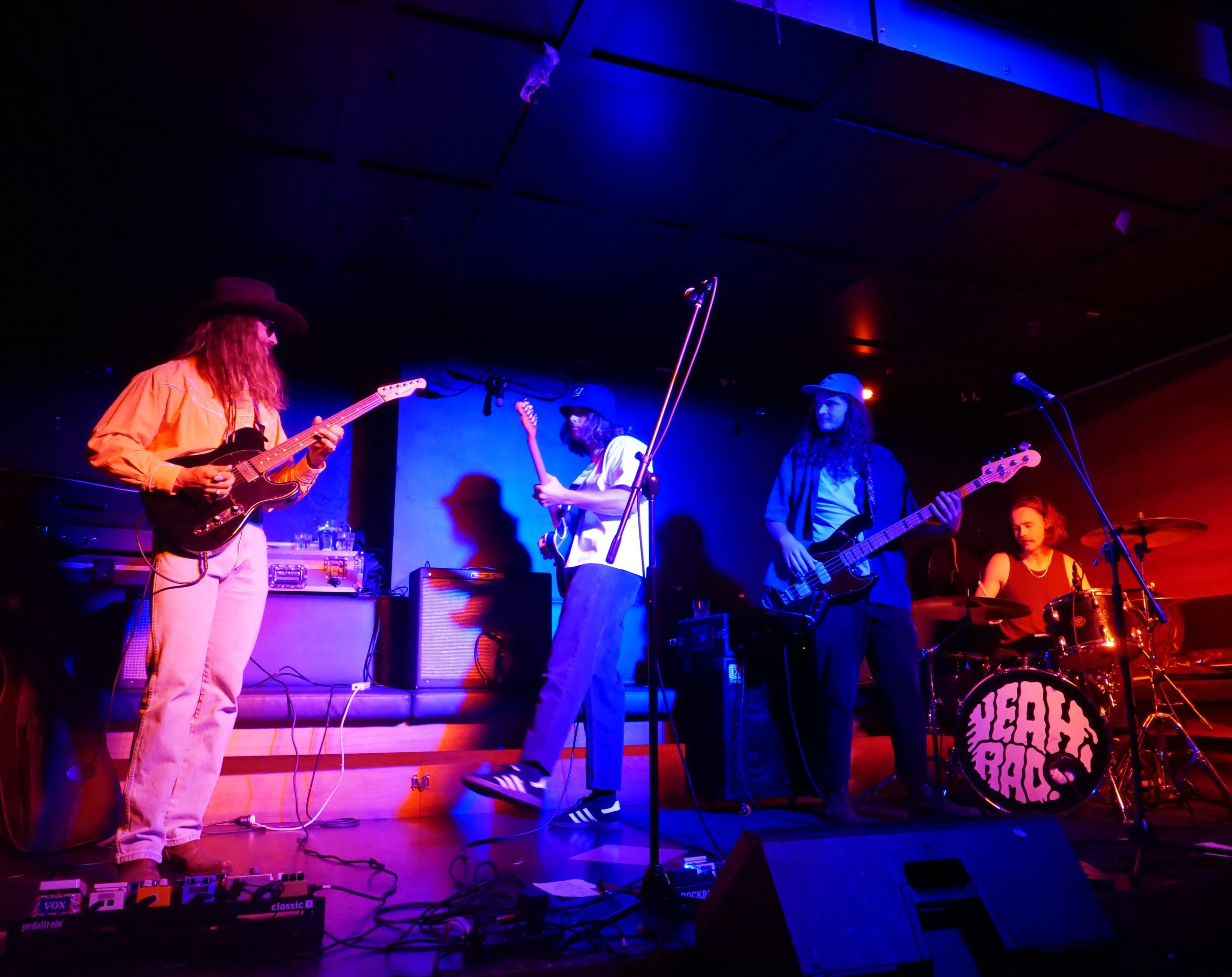
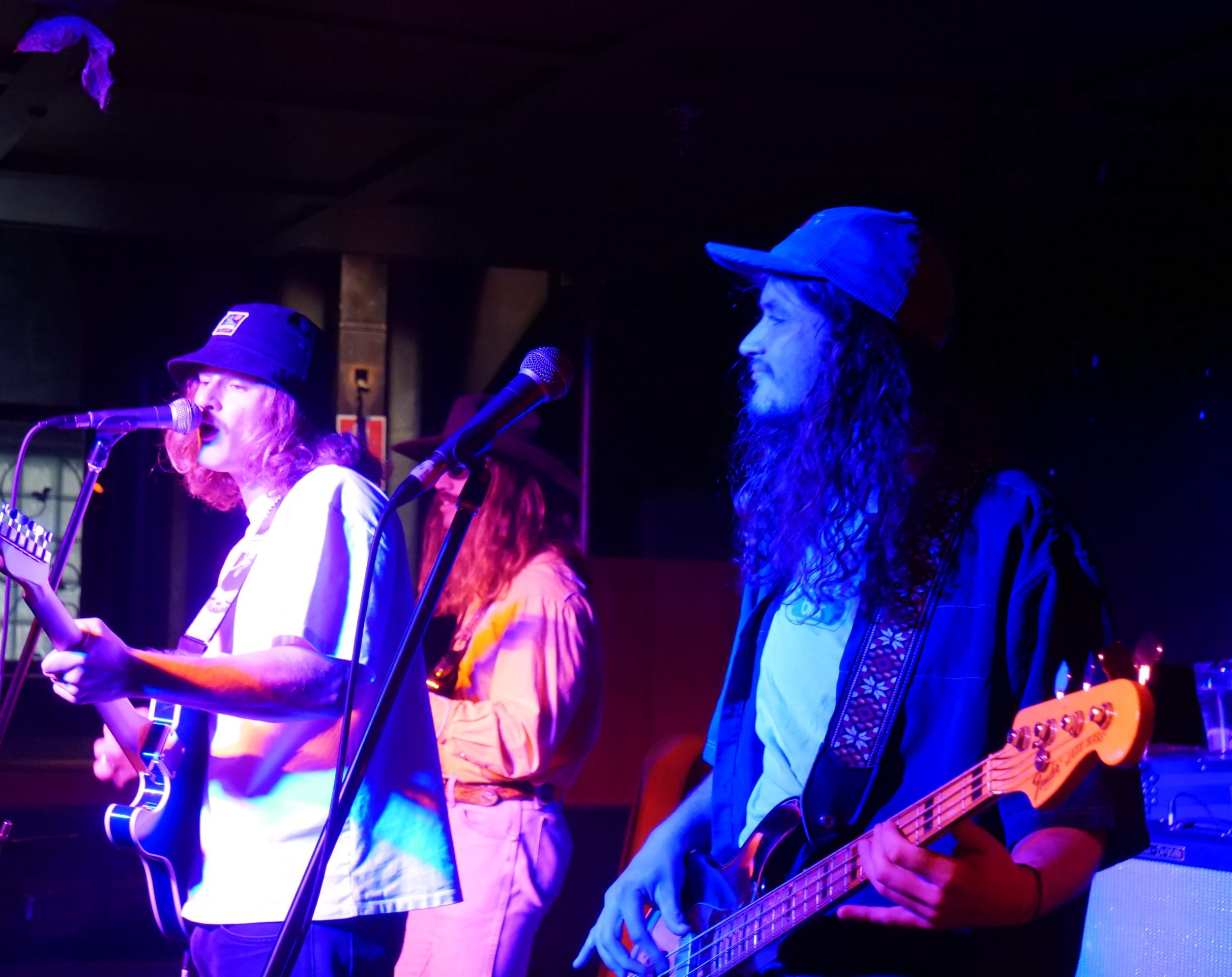
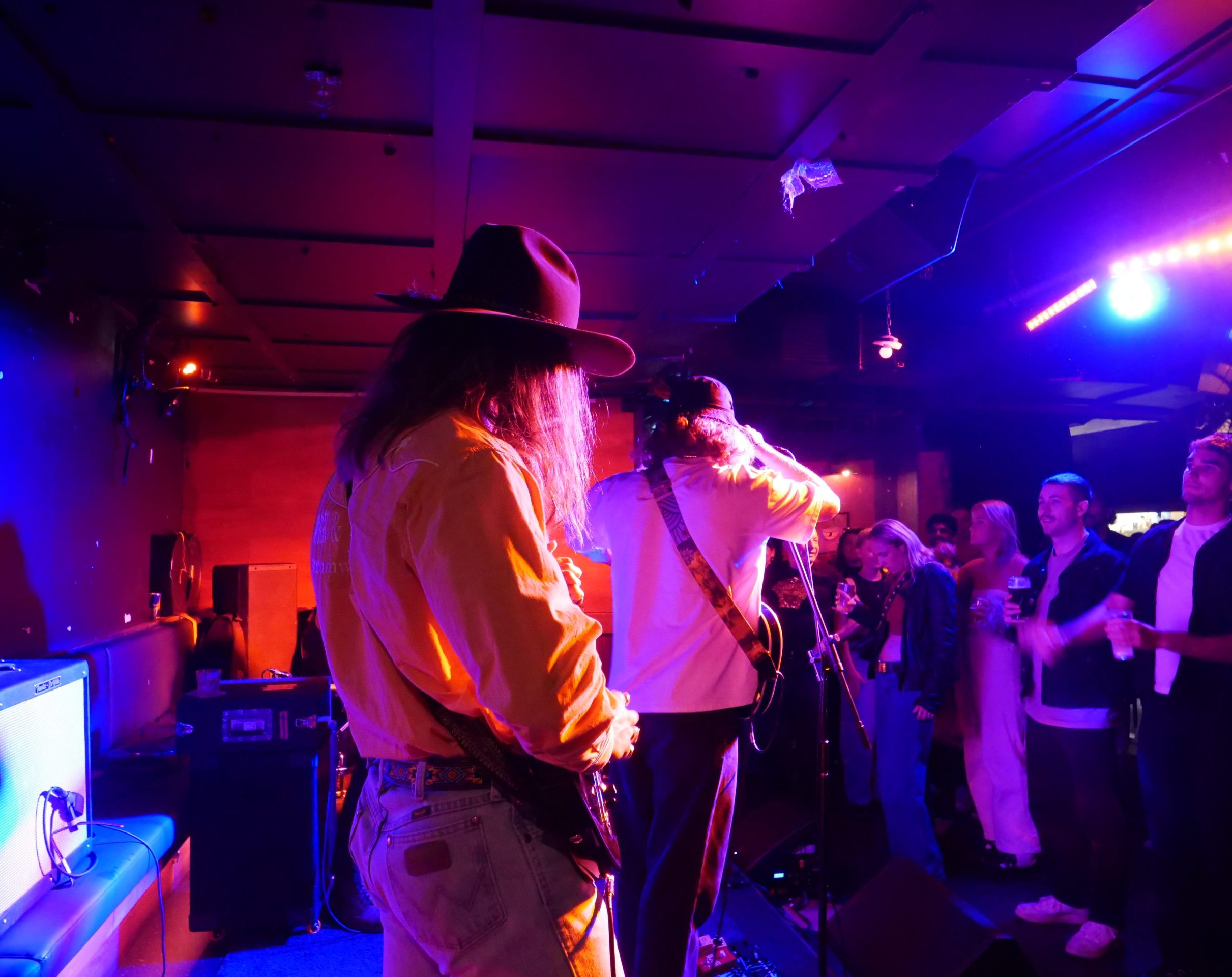


Be the first to comment